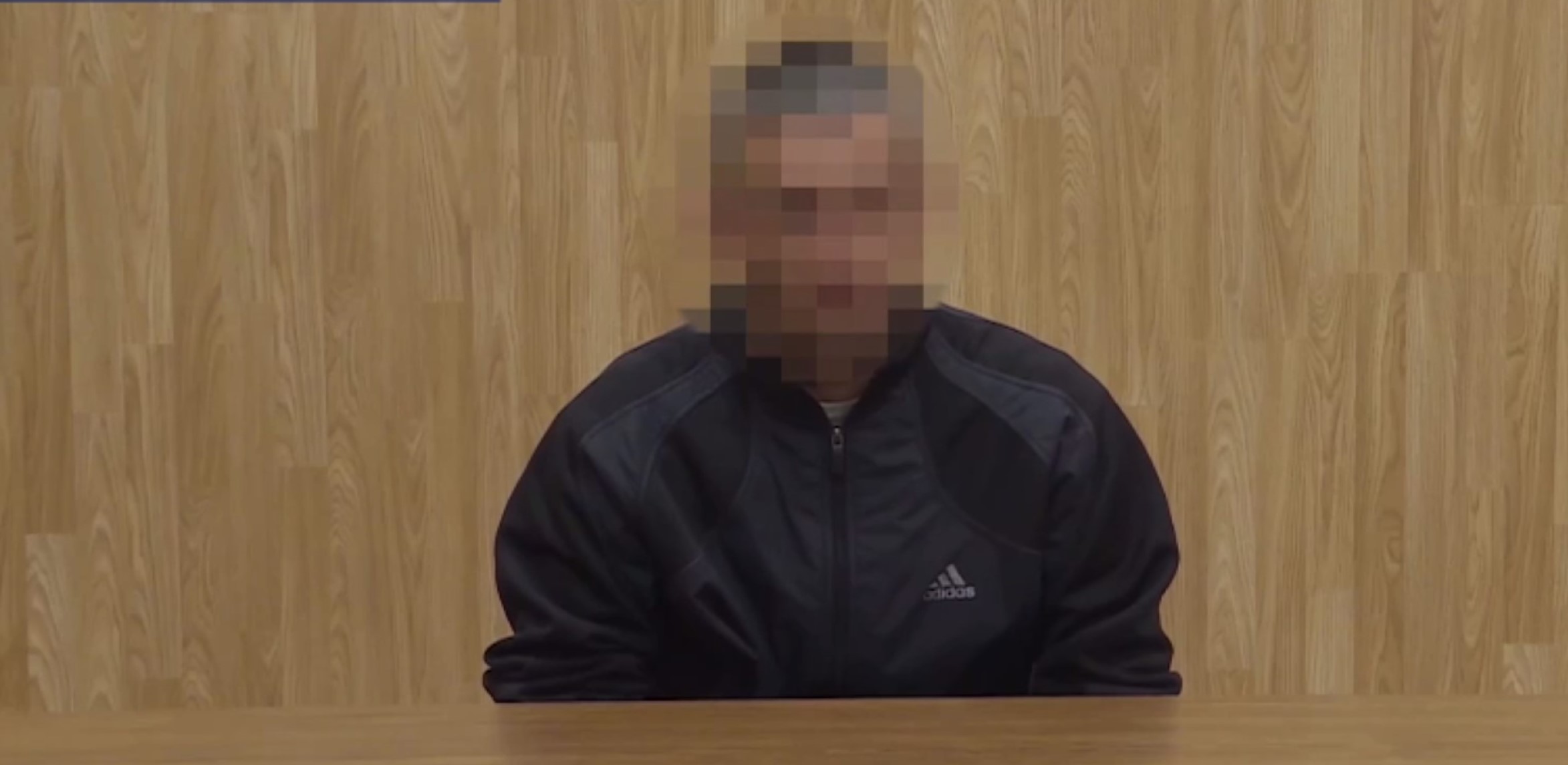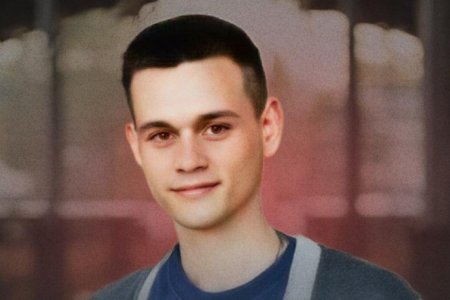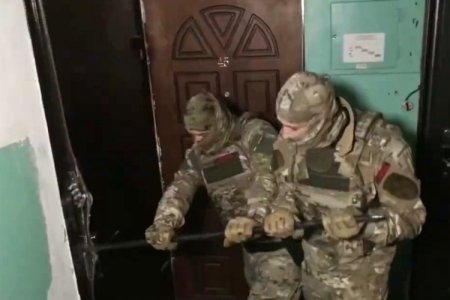
Russia’s Southern District Military Court has sentenced Serhiy Kucherenko to 17 years’ maximum-security imprisonment on charges for which the only evidence appears to be a ‘confession’ almost certainly made without access to a lawyer, and while the 36-year-old from Sevastopol was totally under the control of Russia’s FSB. Suspicion seems all the more warranted as it is unclear when the ‘confession’ was made, since the fairly large number of court hearings suggests that Kucherenko later denied at least some of the charges.
Essentially the only information available is that provided by the court and Russian state-controlled media, with the inclusion of ‘treason’ as one of the charges meaning that the entire ‘trial’ is likely to have been behind closed doors. It is known, however, that the indictment was passed to the court in May 2024, with the Memorial Support for Political Prisoners Project noting that it was one of an ever-mounting number of cases against Ukrainians before this court. Following the preliminary hearing on 6 June 2024, there were around 15 hearings before the sentence on 19 June 2025, with this impossible to understand unless Kucherenko retracted part, or all, of his so-called ‘confession’. It was, however, that ‘confession’ which the FSB circulated to Russian media, together with a probably staged video of three FSB men in full camouflage gear supposedly ‘arresting’ Kucherenko at a bus stop.
According to the court press service’s report, it was supposedly established that “during the periods from 1 to 30 April and from 1 to 30 June 2022, Kucherenko had made contact with an employee of Ukraine’s Military Intelligence” and had, allegedly, been recruited to work for them. Other actions allegedly ‘established’ are also claimed to have taken place at some point between 20 and 30 April 2023, with the lack of a specific date each time rather suggesting that there was no real proof. He had supposedly received instructions from a HUR official during this time frame to take explosive substances out of a secret hiding place in Sevastopol; to prepare an explosive device and to blow up a K-27 military helicopter at a military aerodrome of Russia’s Black Sea fleet. He was also supposed to have, “on one of the days from 21 to 30 April 2023”, gone to the site of the military aerodrome in order to study the terrain, etc.
Then, rather inexplicably, he is supposed to have, “during the period from 30 April through 2 May 2023” purchased what he thought to be an explosive device, though it was, in fact, a dummy. On 2 May 2023, he is claimed to have taken a package with what he thought was an explosive device to the bus stop where he was ‘detained’.
There is no way of knowing how long Kucherenko was held incommunicado before being officially remanded in custody, with the FSB typically using such periods, where a person has no procedural status, to extract ‘confessions’ through torture and other illegal forms of duress.
Serhiy Kucharenko was charged with ‘treason’ under Article 275 of Russia’s criminal code; with a ‘terrorist act’ (or plan to commit such) under Article 205 § 1 (and 30 § 1); and explosives charges under Article 223.1 § 1. He was sentenced on 19 June 2025 to 17 years’ maximum-security imprisonment, with the first five years in a prison, the most restrictive and harshest of Russian penal institutions. The sentence was passed by ‘judge’ Kirill Nikolaevich Krivtsov, who has been involved in many ‘trials’ and long sentences against Ukrainian political prisoners.



